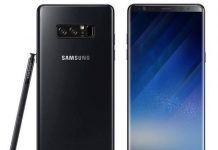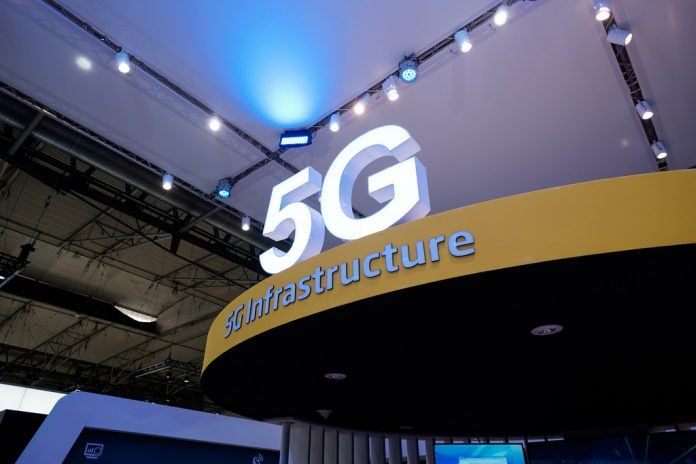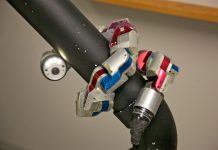Australia-based Optus sets up a 5G tech playground, featuring speeds of 16Gbps, video streaming in 8K, VR, and robotics.
The telecommunications carrier opened the outdoor and indoor experience entitled ‘5G Live’ in order to showcase the network’s potential and capabilities. Potential uses for the network also include virtual reality and robotics. Optus’ managing director Dennis Wong promised that the series of demonstrations would be “spectacular”.
The 5G Live event is situated in Kurrawa Park of Broadbeach and is planned to remain open during the Commonwealth Games of 2018.
The attractions
People will have the chance to experience 16Gbps speed in a test room, while 8K streaming will be showcased with the help of a van carrying an 8K television and a prototype 5G device, which will stream the video through the 5G network of Optus. Wong deems a seamless and reliable connection to be a “fundamental” element in large-scale networks.
Robotics at the 5G Live experience is used to showcase the network’s low latency. People have the opportunity to employ the help of a robotic arm to use a vending machine. There are also robotic arms that throw balls, and one which plays Rock, Paper, Scissors. The arms mimic in real time the user’s movements, demonstrating potential future uses in medicine and manufacturing.
Optus also set up a series of virtual reality games: driving, cycling, and football. A full 360-degree viewing of the Commonwealth Games is also available. These uses are present to show how 5G is able to manage large volumes of data.
A fast future
Optus announced in February that they intend to make their 5G network available in Australia starting from early 2019. Wong further explained that Optus intends to spearhead the country’s market in the advancement of 5G tech in 2018.
After 3GPP’s approval of the 5G NSA New Radio in December, Optus partnered up with Huawei to perform an outdoor trial in Sydney in January. They were able to reach a 2Gbps download speed using 3.5GHz bands and millimeter-wave spectrum.
Wong stated that in order for a future of smart homes, artificial intelligence, autonomous cars, and VR to exist, there will need to be in place a reliable and fast network. He went on to say that their current trial showcases the capabilities of 5G in achieving a system of inter-connected devices throughout communities.
Optus’ partnership with Huawei has previously yielded another fruitful trial. In November of 2016, they were able to reach speeds of up to 35Gbps using 73GHz millimeter-wave spectrum and a coding mechanism called Polar Coding.
In September of 2017, Optus successfully completed a trial around Massive Multiple-Input Multiple-Output (MIMO), combining this technology with 3-cell carrier aggregation to reach a consolidated throughput of 810Mbps on 4G. They are the first in the world to do so.



















